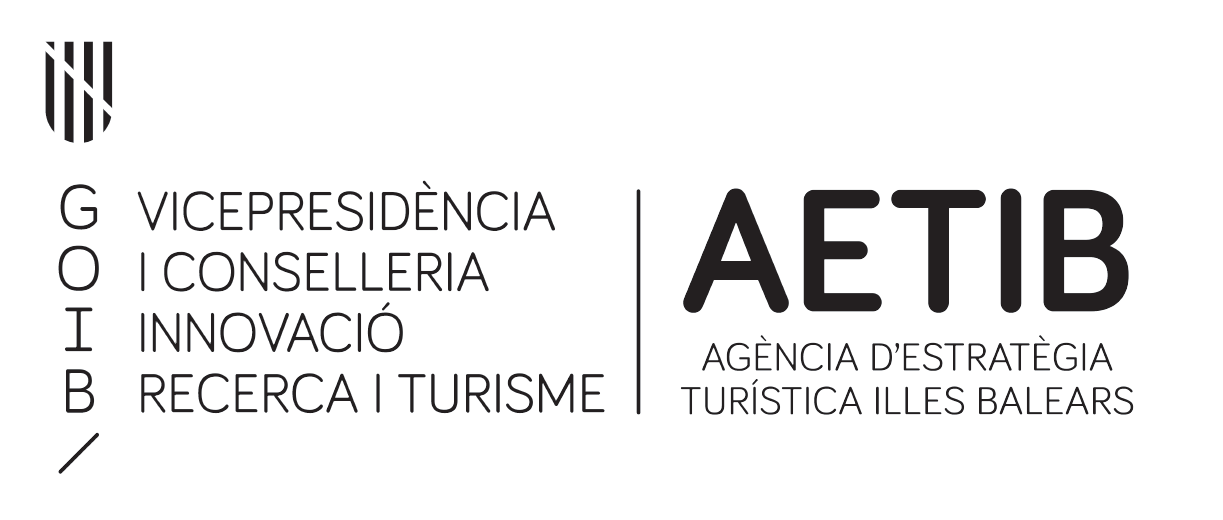What initially began as an additional experience for the 3rd year ESO students of the Santa Magdalena Sofía School during their visit to Marina Port de Mallorca’s facilities, has evolved to the point of becoming an increasingly ambitious didactic project.
The school contacted the marina to request access to the facilities to carry out some school practices that consisted in the placement of monitoring traps and the study of biofouling process. This project now occupies a prominent place in the planning of the course of these intrepid students who, eager to get answers, are giving shape to their experiments.
The experiment consists, in the construction of their own traps that later will strategically place in two points of the port with the purpose of studying how the microorganisms go little by little adhering to the support used to later analyze in their laboratory the different samples that they have been extracting monthly.
Jaime Ripoll, the professor in charge of teaching the subject Biology and Geology, comments that "taking advantage of the theme of structure and dynamics of ecosystems, students create biofouling traps from recycled material to place them in Marina Port de Mallorca and thus recreate an ecosystem. In addition, in this way they carry out a field trip and sample collection where they will apply the concepts of biotope, biocenosis and biological succession seen in class".
Ripoll explains that "the antifouling project arose from the need to raise the subject in a more practical way, so that students pass from receiving the knowledge in a passive way, to be fully involved in the learning process, encouraging creativity and bringing the sea and the world of research to the classroom".
However, Ripoll did not expect the enthusiasm with which his students would express with the collections of samples, the analysis and interpretation of the results. "The project was growing and in a second phase, traps with and without antifouling were installed to study the difference in the level of incrustation of organisms on surfaces treated with these products and untreated. From the results obtained in this last experience came the third phase of the project, which we will carry out soon and which has been driven by the students themselves to detect that there was no incrustation in certain parts of the trap that were not treated with antifouling”.
In order to respond to this observation, students will carry out the third phase for which they have designed a series of supports with different parts of exposure to see the behavior of biofouling according to the type of antifouling application.
Professor Ripoll tells us that "in general, the experience is proving very useful, and the initial objectives of the project to learn in a more practical way and to start in the scientific method and research, with the sea as a backdrop are being fulfilled”.
Marina Port de Mallorca has already signaled a "didactic area of biological experiments" as a sign of the illusion with which the Port hosts this type of initiatives in which it is always willing to collaborate.









